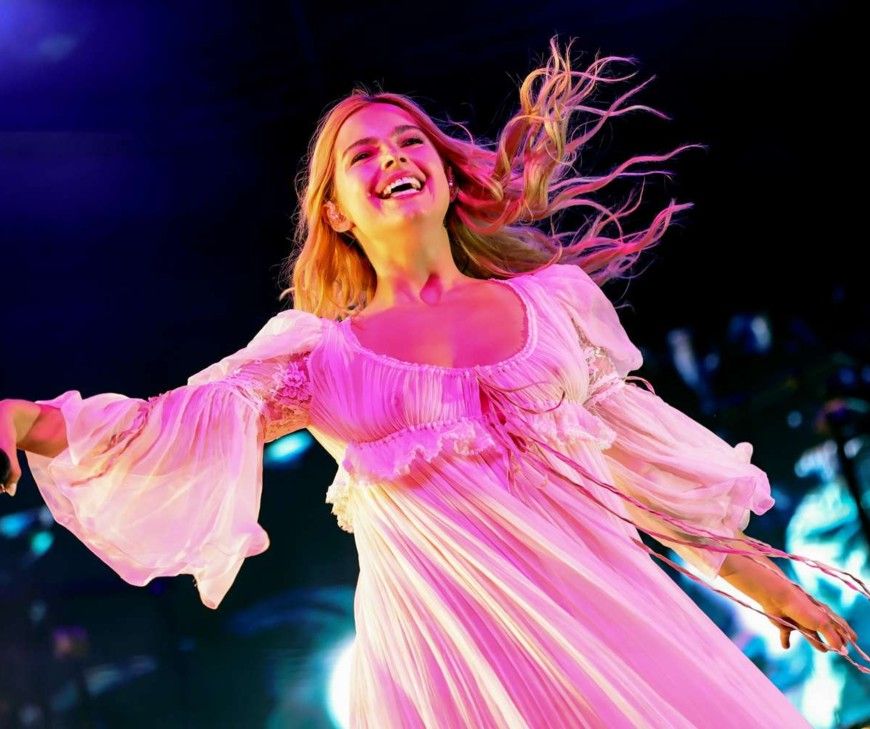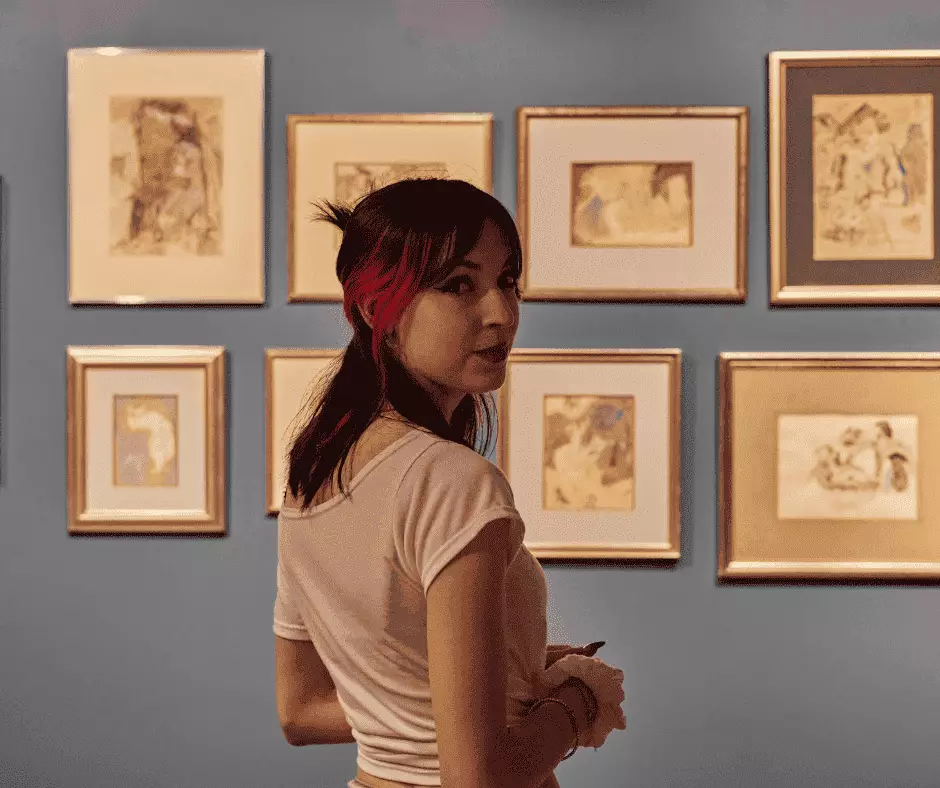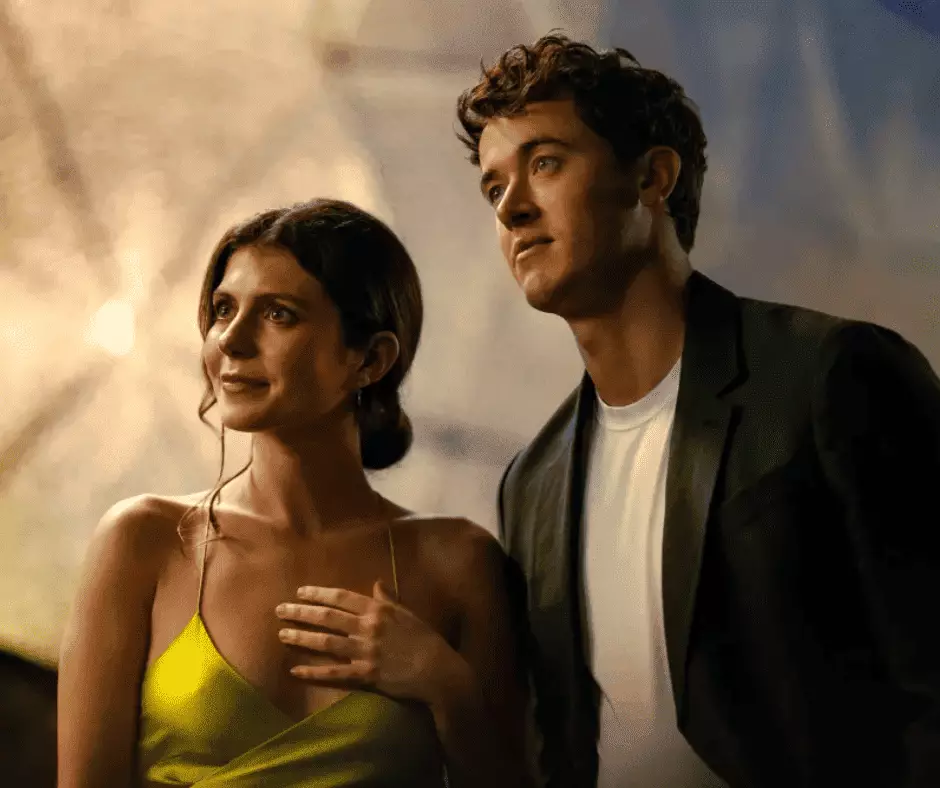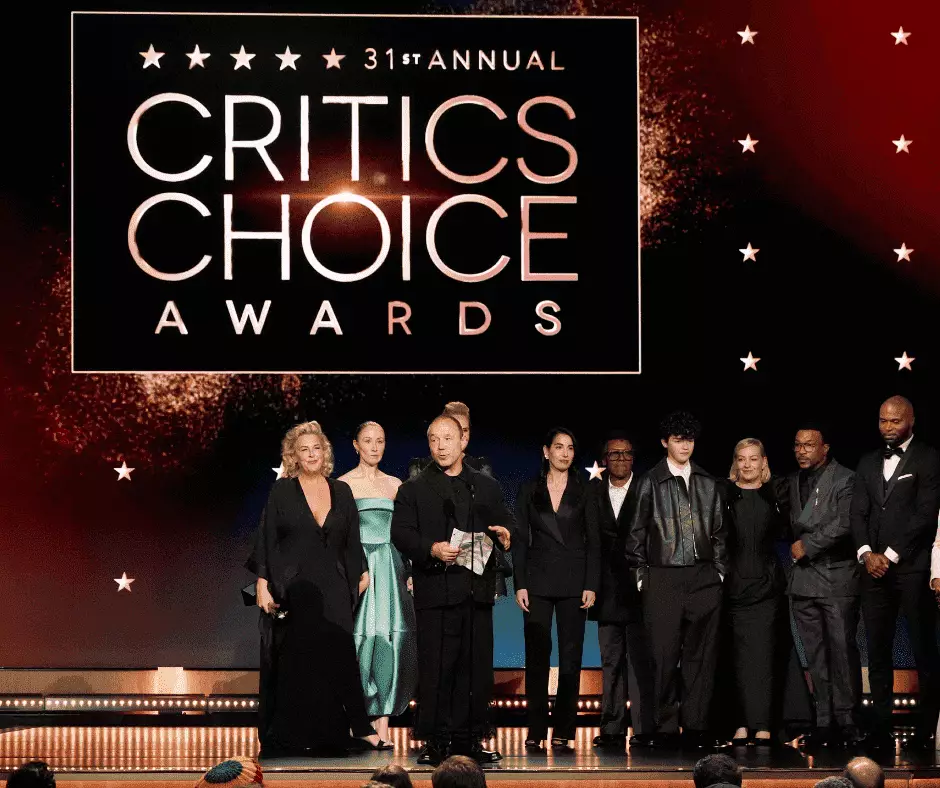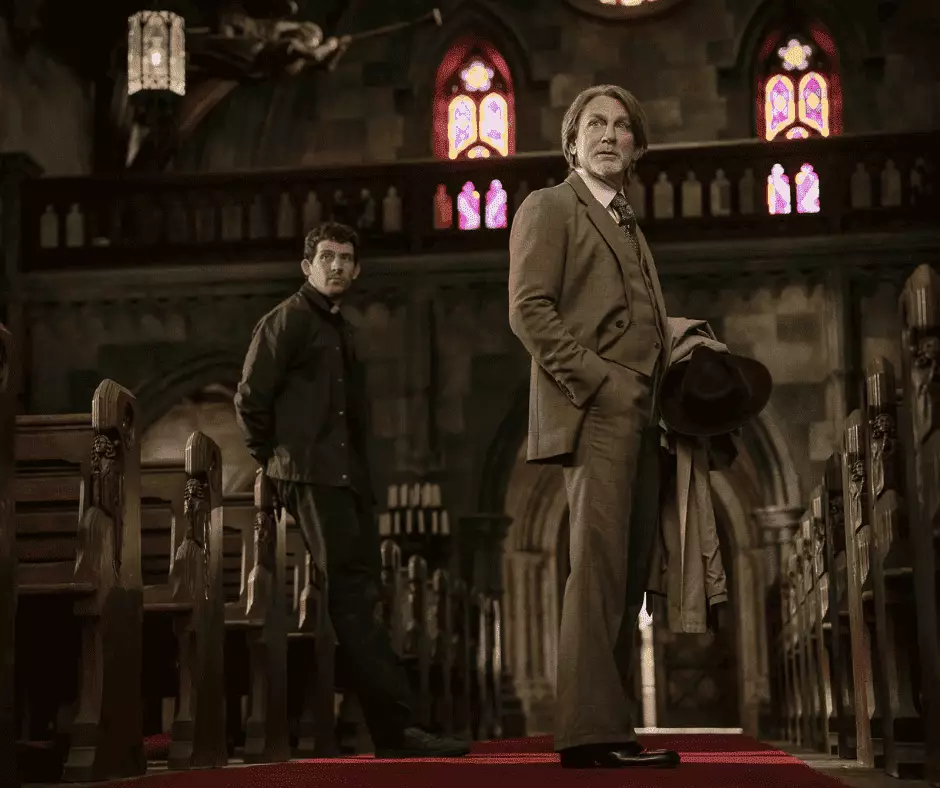Addison Rae’s first global tour is a headline-grabber, but the bigger story sits underneath: how an influencer who once danced to other people’s music is now controlling her own, and the creative structure required to make that leap.
Her debut album, Addison, a 12-track hyperpop-pop-punk hybrid, marks a sharp rebrand from influencer to intentional artist. That shift didn’t happen by accident. It involved a recalibrated team, a precise visual language, and a tour design that merges virality with high-concept staging. The Addison Rae project now runs on the same machinery powering legacy pop stars. What sets it apart is how rapidly that machine was built, and the types of creative contributions it relies on.
For those navigating today’s creator economy, this moment reveals something bigger: the necessity of crediting and compensating every creative role that powers these transformations.
The Reinvention: From TikTok Darling to Curated Pop Identity
In her latest interviews, Rae reveals that stepping back from TikTok wasn’t just about burnout. It was about identity control. “I started to feel like I was expected to be constantly available. My sense of self got tied to the algorithm,” she told People Magazine in June 2025.That distance allowed her to build something quieter and more strategic. She spent the last year refining the visual concept of Addison. The album cover features her in vivid blue “Aquamarine Headphones,” referencing the character from her self-written short film of the same name. The film, like the album, is saturated with early 2000s girlhood nostalgia but filtered through the lens of someone who grew up commodifying their own image.
The team behind this shift included stylists with deep references, choreographers fluent in irony, and a director who helped translate influencer-era stardom into cinematic frames. The album’s standout track “2 Die 4” pulls from Eurodance rhythms and visualises longing through Y2K palettes, bleached lighting, and internet melancholy.
Addison Rae stopped playing in other people’s aesthetics. Now she’s building her own.
Influencer Economics Doesn’t Cover Creative Complexity
The traditional influencer model is transaction-based: promote a product, generate views, and get paid. Pop music does not work like that. It requires:- Songs crafted through multiple co-writers, producers, engineers, and mixers
- Music videos and film content that rely on cinematographers, editors, and visual directors
- Styling, hair, makeup, and creative production that carry the visual weight of an entire era
- Stage direction, lighting design, and choreographic engineering for a coherent live experience
Each of these roles drives long-tail value. When a look defines an era, or a routine becomes part of concert culture, the original contributor becomes part of pop’s architecture. Yet in many cases, they do not receive backend compensation. Their names vanish after the credits roll if they’re credited at all.
This is the economic blind spot that the industry has yet to fix. Creative labour in the influencer-to-artist pipeline often operates without systems for attribution, share tracking, or automatic revenue splits.
Creative Splits: Building Infrastructure for Recognition
The rise of hybrid careers (part influencer, part musician, part visual director) demands hybrid solutions. Creative Splits helps teams:- Register all contributors in real time with flexible, editable credits
- Create and customise revenue split agreements that include choreographers, stylists, and creative producers, not just songwriters
- Track usage across multiple channels: merch, media, live events, and content
- Automate payments once revenue hits, without requiring manual invoicing or legal back-and-forth
The goal is not to replace traditional systems, but to fix the gaps they leave behind.
In Addison Rae’s case, the Addison era touches every format: sound, movement, fashion, and digital film. Every one of those layers carries creative IP. With Creative Splits, teams working on complex projects can define contributions early and track revenue as it unfolds.
A Model for Future Artists: What Addison Rae Got Right
Her shift wasn’t just about sound. It was about creative authorship. And she brought collaborators with her every step of the way.- The Aquamarine Headphones film embedded her sound in a story
- The choreography elevated her from TikTok routines to a stage-ready performance
- The styling carried distinct iconography through each phase of the album rollout
- Her team curated every moment to feel connected, but never recycled
This isn’t the typical influencer-to-pop-star path. It’s a case study in coordinated authorship, where each role feeds the next. And with clearer systems, each contributor could claim ownership of their work, publicly and financially.
As Pop Culture Shifts, So Must Creative Credit
Addison Rae's tour signifies a fresh creative structure. It blends the rapid, visual prowess of digital creators with the refined execution of a full-stage production, demonstrating more than just commercial expansion.These projects are team-built. Recognition needs to match that reality. Without infrastructure, the same voices that helped shape the sound, look, and feel of this era will be lost behind the spotlight.
Creative Splits provides the tools to fix this. It’s how collaborators can log credits, lock in agreements, and track their value long after the post goes live or the final tour date ends.
Want to Empower Your Creative Team?
Are you part of a creative team shaping the next big album, visual drop, or tour? Don’t lose your voice in the process. Creative Splits helps you document your role, define your share, and get paid, transparently and fairly.Whether you’re navigating music royalty payments, rights management, or the complexity of digital rights management and payment processing, we’ve built tools to support the real work behind every creative output.
Explore how collection societies, evolving models of royalty in the music industry, and fair collecting society practices are shaping collaboration in music, film, and entertainment. Learn more here.
Join the creators who are building smarter. Discover our features or book a free demo to see how your team can collaborate with clarity.
